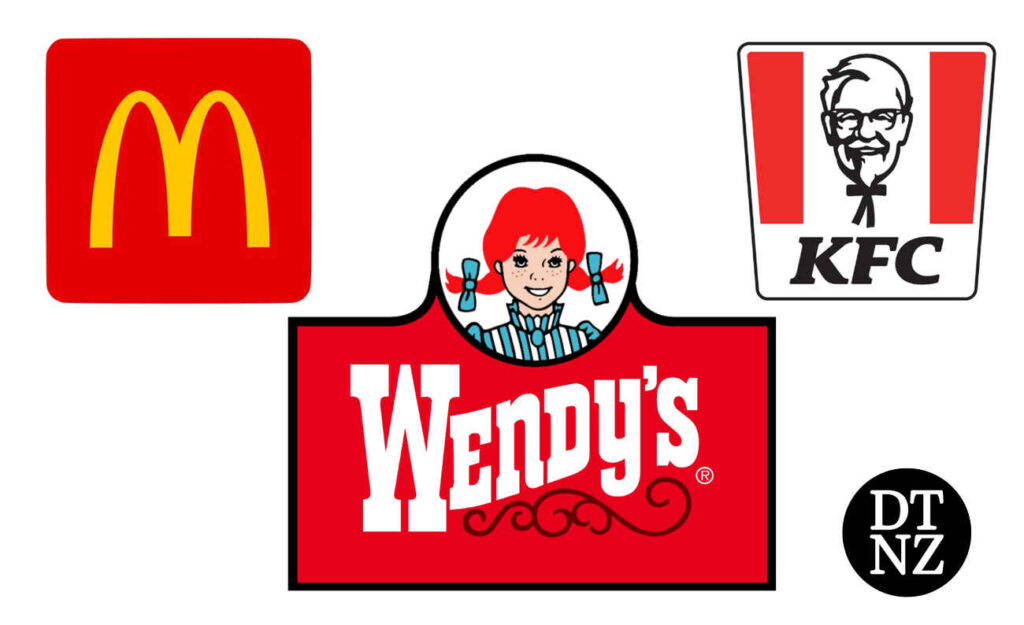As fast-food and restaurant prices in the U.S. continue to climb, concern is spreading across all economic strata, with industry leaders from McDonald’s and Wendy’s apprehensive about losing patrons, especially those on lower incomes.
A survey conducted in February by Revenue Management Solutions revealed a significant shift in consumer behaviour, particularly among low-income groups earning under $50,000 annually. A quarter of these consumers reported a decrease in fast-food consumption, while nearly half indicated a reduction in visits to fast-casual and sit-down restaurants, pointing to the escalating costs of dining out as a primary deterrent.
The trend is largely attributed to a staggering 20% increase in food prices between January 2021 and January 2024, marking the highest surge on record, which has not only affected restaurant-goers but also households in general.
Data from a recent Household Pulse Survey by the Census Bureau highlighted the financial strain on families, with those earning below $35,000 a year finding it challenging to manage daily expenses and nearly 80% feeling stressed by the rising costs.
Individual stories, like that of Lauren Oxford, a Tennessee-based musician, illustrate the personal impact of these price hikes. Oxford recounted to Reuters how her regular McDonald’s visits became less frequent as she opted for cheaper menu items and eventually reduced her visits altogether following a notable 10% price increase implemented by McDonald’s franchisees over the past year.
The Federal Reserve’s Beige Book has also documented changes in spending habits among low-income consumers across various regions, noting an increased reliance on community assistance and challenges in accessing credit. This shift is significant for fast-food chains that have traditionally catered to budget-conscious consumers, signaling a potential long-term change in consumer behaviour.
Despite the drop in customer traffic, fast-food chains are showing a reluctance to engage in aggressive pricing strategies that characterised past economic downturns. Instead, the focus has shifted towards maintaining sales through selective discounts and leveraging loyalty programs to retain and understand customer preferences better.
For instance, McDonald’s is banking on its value menu to attract cost-conscious diners, while Wendy’s has introduced app-exclusive deals like a $1 burger. Similarly, Domino’s has made its loyalty programme more accessible to lower-income customers by lowering the threshold for rewards.
Interestingly, not all chains report a downturn among low-income customers. Taco Bell, for example, has seen robust sales in lower socio-economic markets, underscoring the nuanced impact of the current economic environment on the fast-food industry.

Good.
By calling it “fast food” they’re actually telling TWO lies.
Ever wonder why wealthy people are thin while poor people are obese? Doesn’t seem to make sense, does it? It’s because real food costs more. It’s because that stuff the demonic red and yellow clown and his chicken colonel friend are hawking isn’t really food. It’s a bunch of test tube chemicals pressed into shapes and baked in an oven. It’s chicken that’s been injected with growth hormones, it’s over-salted fries and patties loaded with estrogen (for reasons yet to be explained). It’s carbonated aspartame mixed with God knows what else.
Why bother declining the vaccine if you’re just gonna gorge yourself on their chemical concoctions later on the way home from work? Ditch the cancer burgers and watch your life improve immediately.
Future you will be grateful.
The fast food giants are not only unaffordable; their parent companies are J***** / Zionist owned!
Hence, they are also being boycotted by those who condemn the Israeli genocide against the Palestiians.
The last time we ordered pizza, went to KFC, and purchased Unilever products was before October 15.
Since then, we are boycotting such Zionist-owned companies.
& BTW, in the so called ‘land of the free & home of the brave (trans; land of the FEE and home of the GRAVE) the U.S. criminalises the boycotting of Israel, but those with a moral compass are doing just that in the U.S. as the laws that were enacted by the J3w$ in Congress contradict and violate the U.S Constitution!
BOYCOTT ISRAEL AND ZIONIST-OWNED PRODUCTS!
Do it today-you’ll be glad you did! (lest J*****-Zionist-Talmudic Genocide is inflicted on other nations as well…).
I watched something that said there were 11 ingredients in Maccas fries.
I hope they don’t try and get revenue by putting out a cookbook. I am not really keen on sourcing “ingredients” from my local hardware, farm supply store or chemical manufacturer.